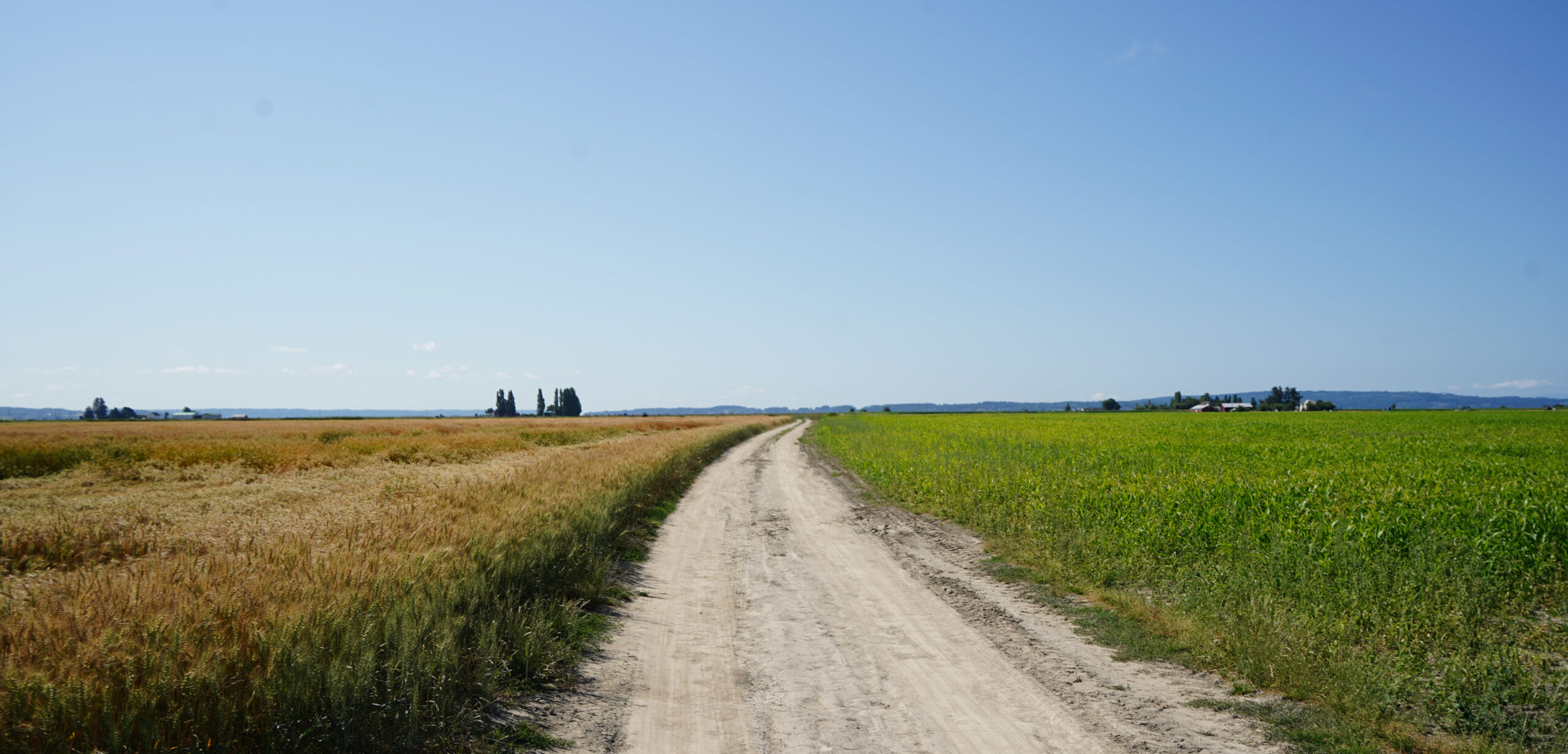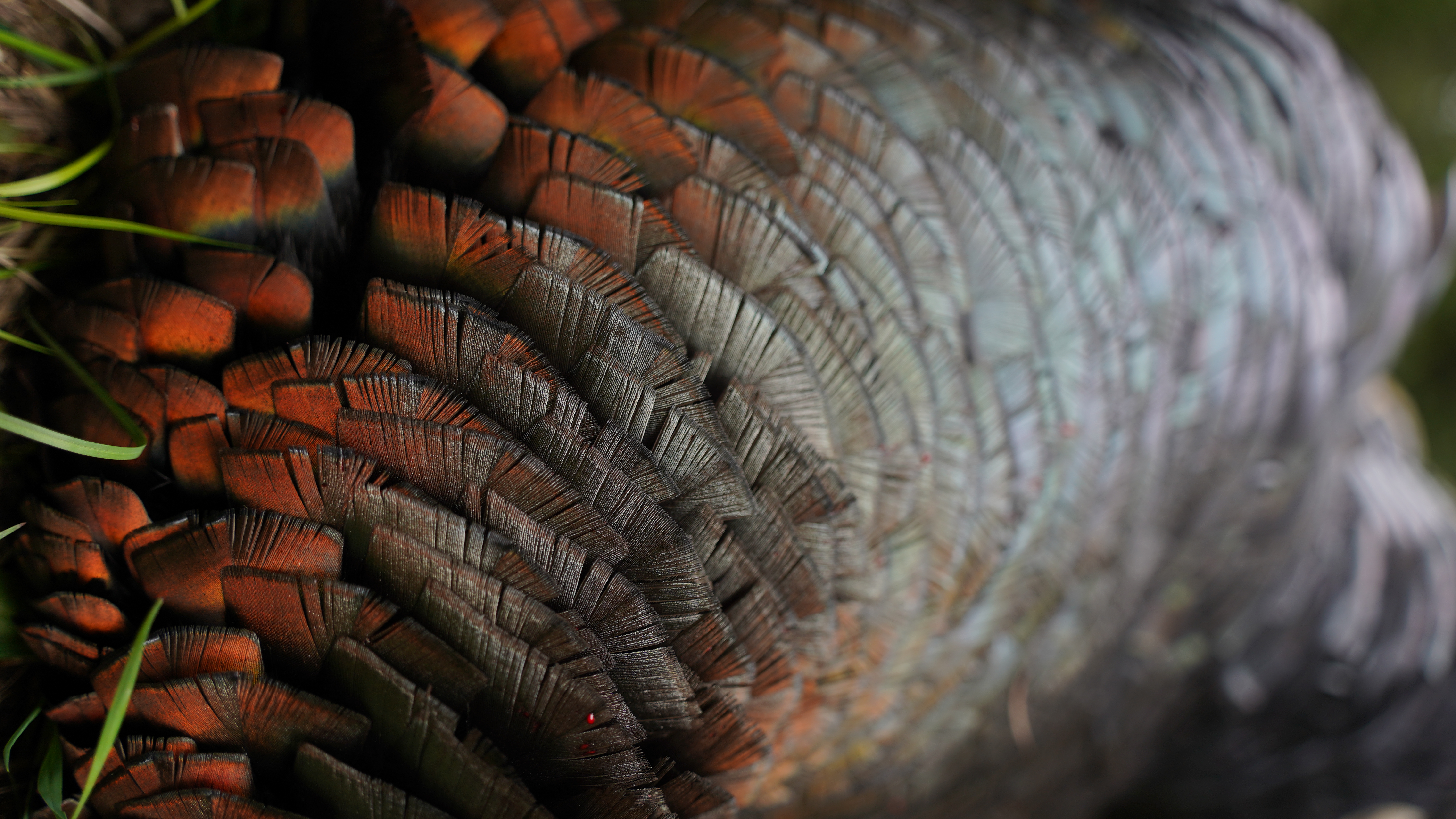The end of this turkey season is the 10 year mark from when I first began turkey hunting with my dad at the age of 12. Many things have changes since then; I have moved and now hunt different areas, I rarely get the change to turkey hunt with my dad anymore, more people have taken up turkey hunting, and most importantly I know much more about turkey hunting now than I ever have. Despite this, 2024 was the season that actually broke my 7 years long streak of shooting two toms in the spring.
This season was different than most, with weather doing strange things, leading to turkey doing odd things, there were many times that they left me scratching my head wondering what I could have done differently. Through the years it has shown over and over again that probably the biggest factor that will ultimately determine your success is the weather. This season would have been a hard season to start out on, with the constant changing in weather and weird behaviors by the birds it would be difficult to get your feet under you and feel like you are making progress. Because of this I have composed a list of 3 tips that I think would be helpful when starting out turkey hunting on a year like this.
#1. Keep Moving
On years like this when variables are abundant with changing conditions every day, sometimes many times a day, it is important to keep moving. If you are able to, by means of public ground, access to multiple parcels of private, or a combination of each, try to cover as much ground as you can during those morning hours when turkey are typically more eager to gobble. The problem with everchanging weather usually is finding birds, getting them to gobble so you can make a play on them, can usually be the difference between a very unsuccessful day or a point of intel you will be able to use multiple days.
Another thing that is a benefit to continuing to cover ground and finding turkey, is that not all turkey have the same temperament. You could spend weeks on a bird that has a couple hens and is not interested in the slightest in actually coming to you, but maybe he will gobble at you all day long. While another bird a couple miles away will gobble one time to your call and come running in at full tilt. Because of this I think it is beneficial to find and call at as many birds as you can, at some point you will find a bird in the right fighting or curious mood, and he will make his way in your direction.
#2. Don’t be afraid to switch strategies
Building off #1 if you are covering ground and just not getting those results that you are seeking, don’t be afraid to switch things up and try a different strategy of turkey hunting. Say you’re covering ground in a truck calling from near the road, just covering as much area as you can. Well maybe those birds are more pressured in the area that you thought, and you need to be going in deeper to find them. Instead maybe you need to plan out some big loops back in areas that are far from the main roads, where you might be able to strike up a bird that isn’t as pressured and more responsive to calling.
This can be used when calling to birds too, if you’re finding birds but not getting them to commit to you and come in all the way maybe switch up the volume of call you’re producing, the type of call, or the amount of calling. All of these could change it up just enough that you might peak his interest and draw him into shooting range.
#3. Learn when you need to cut your losses
This tip takes some learning to understand for each individual person. From what I have learned there are few hours during the beginning hours of the days when turkey will usually gobble at a higher rate and therefore making them a little easier to fire up. Because of this you need to use those morning hours in the most effective and efficient way possible to try and kill a turkey. So my point in this being, there is a point in many mornings when you have to decide if you should continue to pursue this bird you are on , or if you need to use this morning time in a different area or on a different bird. This tip is hard to explain because of how dependent it is on each person and their experiences in the area they hunt. To learn this, it will take a lot of experiences that you can draw from to create this time. I think the best way to learn this is to get as many experiences as you can and after your hunt is over, ask yourself “what were some signs that I could have used to realize this bird was not going to come in” or “what were some signs that this birds WAS coming in”. And combine all you experiences to learn turkey behavior so in the future you can recognize these signs and make the most of your prime turkey hunting time.

